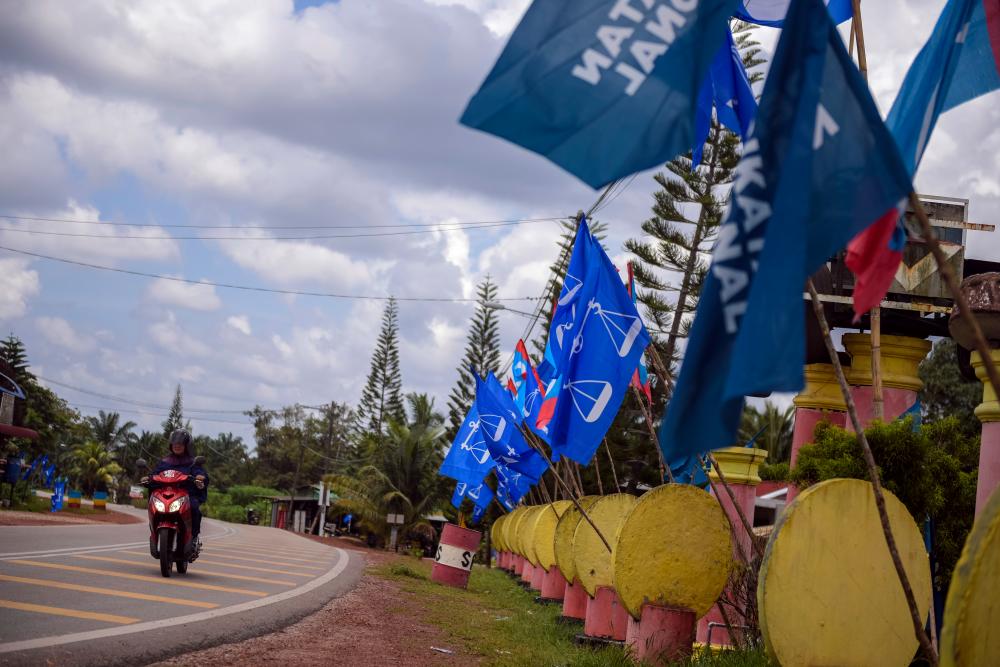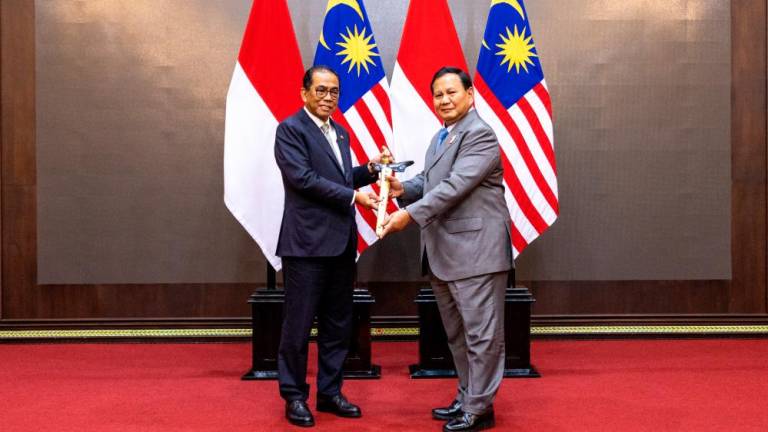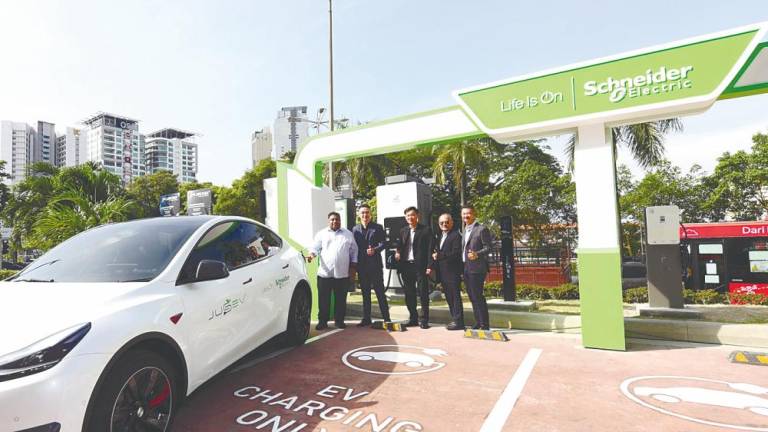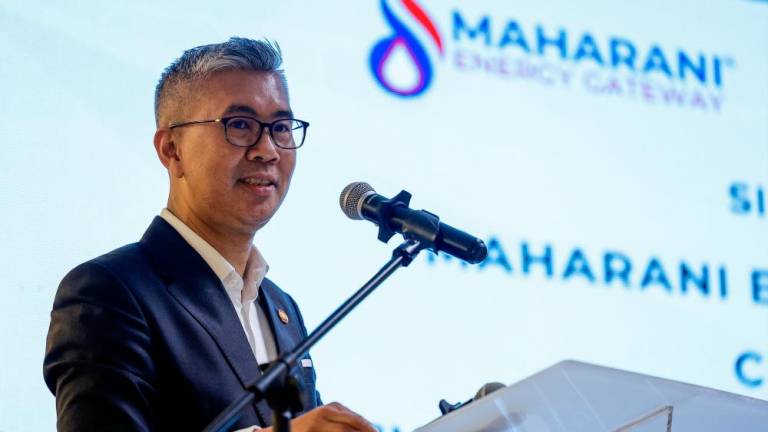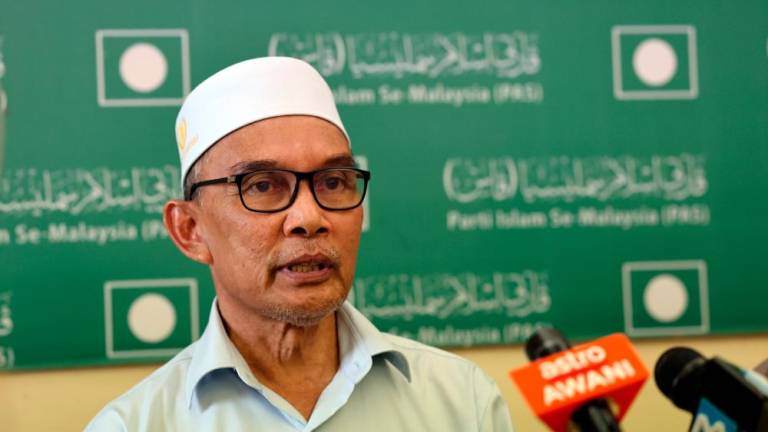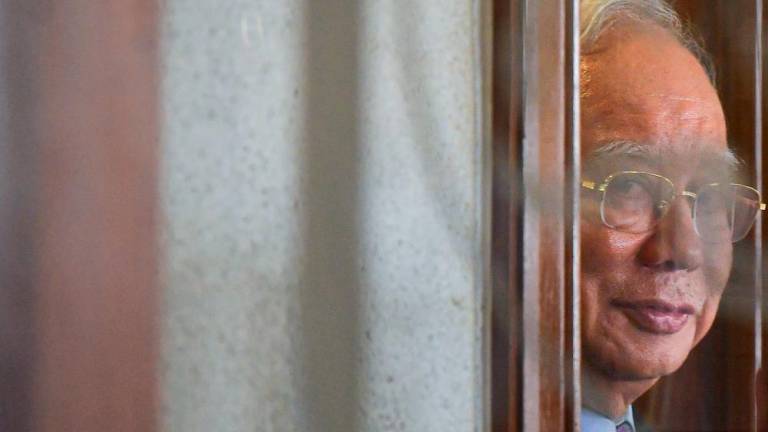KUALA LUMPUR: The mandate was once again returned to the people to elect the new federal government in the 15th General Election (GE15), which will see at least five political coalitions contesting to secure as many parliamentary seats as possible, from the total 222.
The lingering question now is, which party or coalition will be elected by more than 21 million registered voters? - and they include the 1.2 million young voters aged between 18 and 20 who were automatically registered through the implementation of Undi18.
One thing is for sure, everybody would not want to see the episodes of political crises of the previous parliamentary term, again.
Based on the data from the Registrar of Societies (RoS), there are 69 political parties or coalitions registered in the country as of Oct 5, including Barisan Nasional (BN), Pakatan Harapan (PH) and Perikatan Nasional (PN), while the registration of Gerakan Tanah Air (GTA) still awaiting RoS’ approval.
When BN, which had ruled the country for over six decades, lost in the GE14 on May 9, 2018, PH took over power and so began the endless episodes of political drama.
Starting with a series of party-hopping incidents involving mostly BN Members of Parliament, the drama continued with the Sheraton Move which saw the resignation of Tun Dr Mahathir Mohammad as the 7th Prime Minister and the fall of the PH government; the formation of the PN government led by Tan Sri Muhyiddin Yassin and later his resignation from the highest office; and the appointment of Ismail Sabri as the 9th Prime Minister in August 2021.
For the first time in history, Malaysia saw the appointment of three Prime Minister in just one parliamentary term - Dr Mahathir for 22 months, Muhyiddin for 17 months and Ismail Sabri for 14 months - which inadvertently contributed to the economic uncertainty, especially when the country was struggling against Covid-19.
Senior political science lecturer from Universiti Kebangsaan Malaysia (UKM), Dr Jamaie Hamil Wan Hassan believes that the assurance of long-term stability will be the most important factor that will influence the choice of voters in GE15.
He said that based on this factor, he believes BN has the advantage over other coalitions due to its proven track record in governing the country even though the voters in general seemed to dislike some of its leaders, especially the court cluster group.
“The people are getting tired of watching the political games so they will choose one coalition that can last for a long time so that political sabotage and backstabbing can be avoided for the next five years,” he said.
Jamaie said apart from PH which is capable of challenging BN, other coalitions such as PN and GTA are not likely to gain much support from the voters due to the fact that they do not have strong grassroots machinery to face the general election.
Meanwhile, the post-GE14 era saw the birth of at least five political parties and coalitions, namely PN, Gabungan Parti Sarawak (GPS), GTA, Pejuang, Malaysian United Democratic Alliance (MUDA) and the National Indian Muslim Alliance Party (Iman).
A lecturer at the School of International Studies, Universiti Utara Malaysia (UUM) Prof Dr Mohd Azizuddin Mohd Sani said except for GPS in Sarawak, which won big in the state election last year, the chances were slim for the other new parties.
“MUDA and GTA are depending on personalities, such as Syed Saddiq Syed Abdul Rahman and Dr Mahathir. They may have a chance to win one or two seats. MUDA will have better chances if they cooperate with PH,” he said.
Apart from that, Mohd Azizuddin said parties in Sabah and Sarawak should not be underestimated as they could play “kingmaker” in the formation of the next federal government if no parties obtained the simple majority in the GE15.
“The sentiment in Sabah and Sarawak differs from the peninsula, and they hold a total of 56 parliamentary seats. They can collaborate and give support to any party in the peninsula which they believe capable of forming the government or supporting their causes,” he said.
In the GE14, PH which comprised PKR, DAP, Parti Amanah Negara (Amanah) and Bersatu won with a simple majority after garnering 113 seats, while BN only secured 79 seats, followed by PAS (18), Parti Warisan Sabah (eight), Parti Solidariti Tanah Airku (one) and Independents (three).
Before the Parliament dissolution, the composition of seats in the Dewan Rakyat saw PH holding 90 seats, BN (43), Bersatu (28), GPS (19), PAS (17), Warisan (seven), Parti Bangsa Malaysia (PBM) (six), Pejuang (four), Independents (three), and MUDA, Parti Sarawak Bersatu (PSB) and STAR having one seat each.
Two seats remain vacant following the death of the incumbents, namely Gerik and Batu Sapi. - Bernama



